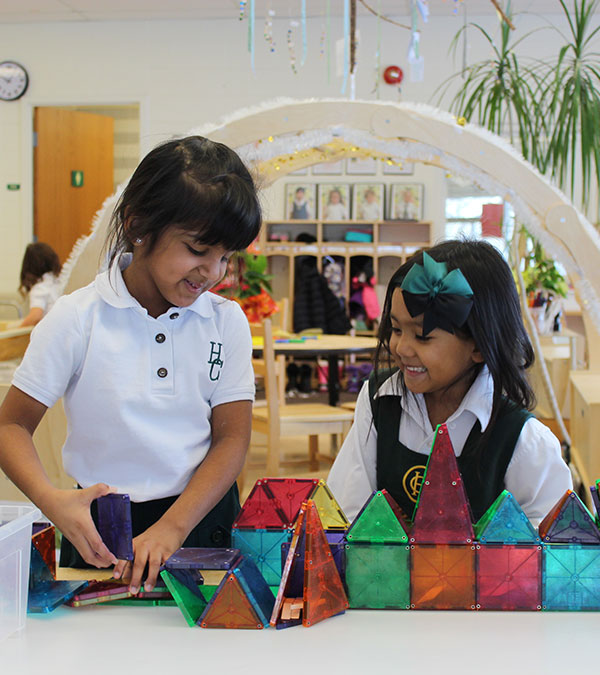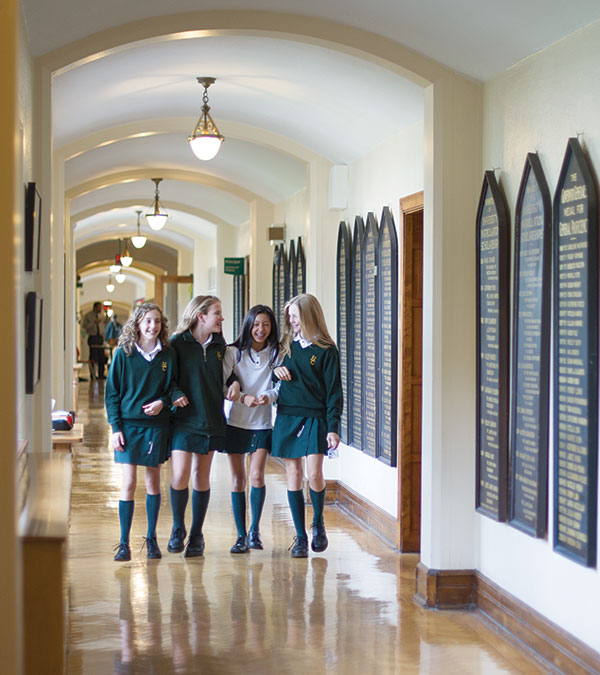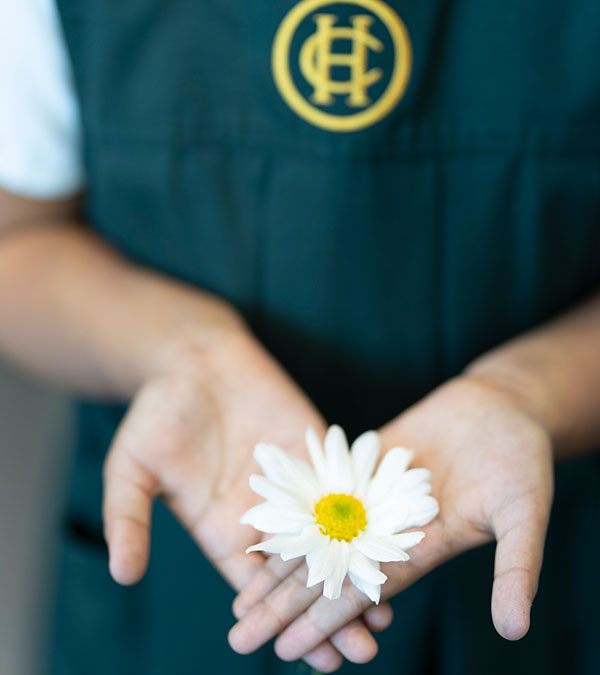Grade 6 is the final year in the Junior School and Grade 6 students are leaders and mentors for younger students. They have increased opportunities to practise leadership skills, running House meetings, volunteering to take parents on tours and generally helping make sure things run smoothly.
Grade 6 is based on the exploration and evolution of language, thoughts and ideas. Our learning environment allows for safe and positive social interactions while learning how to manage conflict. They also build an understanding about the self and various stereotypes and assumptions. Mathematics provides students with the opportunity to develop the ability to reason, model thinking, conjecture, justify their conclusions and express ideas clearly.
At the core of the science program is student inquiry, immersion in the design process and hands-on experimentation. Student-driven exploration leads to an understanding of the scientific concepts that describe and explain the natural and physical world. Students are armed with the tools they will need to question and navigate life with confidence.



Key Learning Outcomes
- Develop strong relationships with peers and adults.
- Continue to question why things work the way they do.
- Develop their ability to work in collaboration with others to complete projects.
- Develop their athletic skills and their understanding of the bigger ideas behind the sports they play.
- Consolidate and refine research and inquiry skills introduced in earlier grades.
Curriculum at a Glance
Students learn to use self-awareness and self-monitoring skills to help them understand their strengths and needs and how to use coping skills to help them respond to various challenges. They learn to communicate effectively and interpret information accurately. They apply their understanding of relationships and social skills to help them interact positively with others, so they can be effective team members. Students make connections, plan and set goals, solve problems and make good decisions.
Students are encouraged to be physically active and to set their own goals, develop a personal fitness plan, and assess and monitor their own fitness. They learn to be safe and to keep their friends safe, as well as act in ways that minimize their exposure to environmental health risks. In Social Studies, they investigate current social, political, economic and environmental issues, and develop their understanding of the importance of international action and cooperation. In Language Arts and Mathematics, students are able to apply increasingly sophisticated skills to understand more complex problems and interpret what they are reading with a growing sense of independence.




